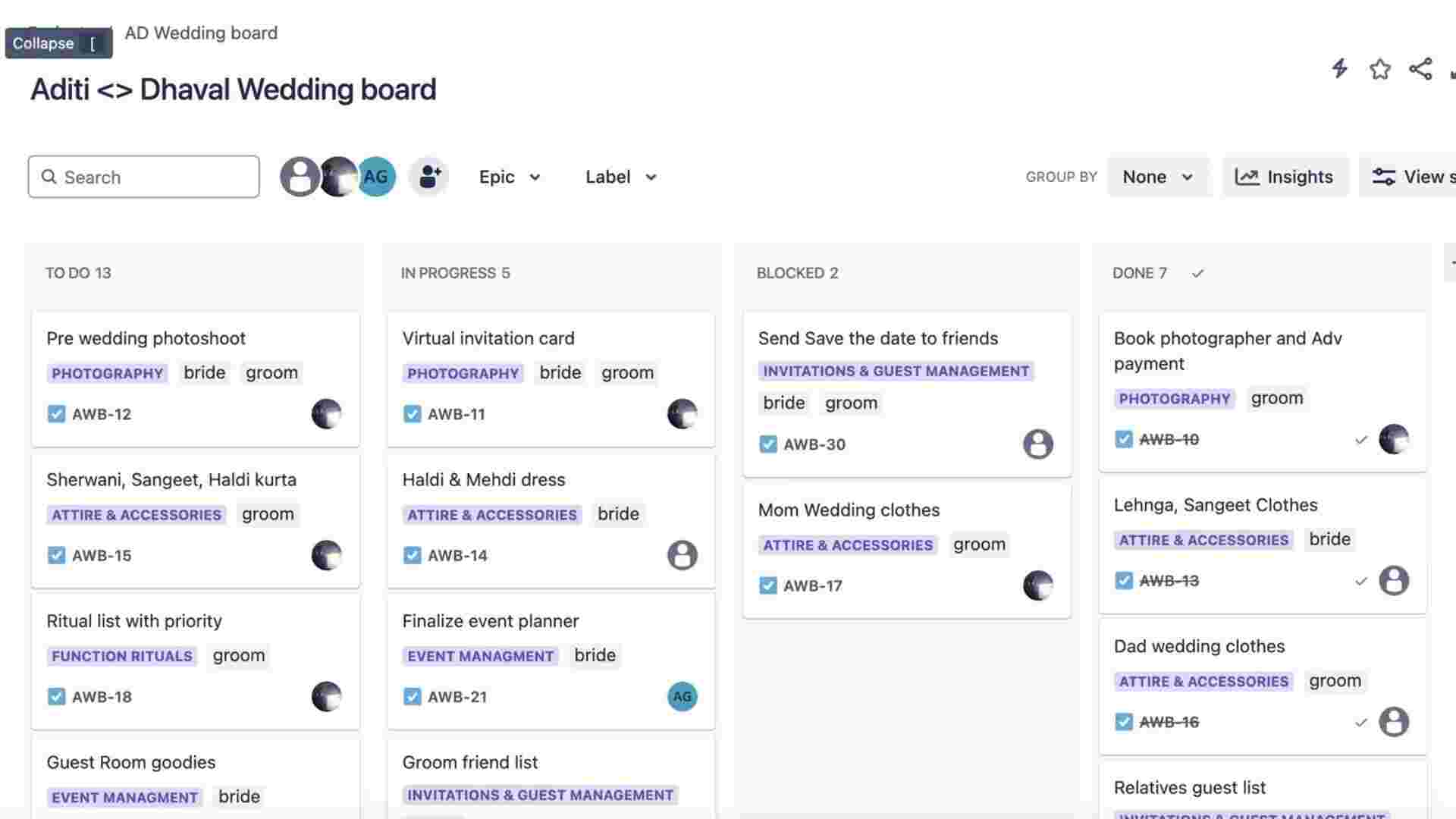
Tolerance is defined as the ability or willingness to allow the existence, occurrence, or practice of something that one dislikes or disagrees with, without interfering or being judgmental.
It implies the exercise of patient self-control, restraint and endurance. It is considered one of the marks of a civilized society where people can express varying opinions and practise different beliefs without fear of discrimination, violence or persecution.
But when we tolerate something, there is a subtle undercurrent of resistance or rejection, mixed with a feeling of dislike. We feel under pressure because we are having to do something we do not really like but feel compelled to do in order to conform to social norms, live up to our behavioural or moral standards, or be politically correct.
Because of this we do not feel at ease when we have to tolerate a situation or a person’s behaviour, and wish that they would end or go away.
In such a situation, our state of mind is not positive. We make a show of tolerance but are unhappy inside, and our feelings are negative. Consequently, such tolerance does not foster harmonious relationships, or provide the best solution to difficult situations.
If a person has to tolerate something for long and feels that there is no escape from such a fate, or thinks that others do not understand what they are going through, they are likely to become angry or resentful. They may even turn aggressive and refuse to put up with the situation anymore. In either case they are not going to be happy.
Some resignedly tell themselves that they are doomed to tolerate someone or something all their life. Others turn to dark humour and try to laugh away the blues. None of these attitudes will bring lasting peace or joy.
Faced with anything that we do not like or approve of, it is much better to practice acceptance. When we accept a person or situation, we are at peace with them and they do not disturb our mind.
But to be able to accept something that is not to our liking we need to have some understanding of why it is that way.
It is easy to get angry with someone who is habitually rude or careless, but if I talk to the person to get to know them better, and find out that they are that way because of their present or past circumstances, or because no one has ever pointed out their faults to them, I will find it easier to accept them.
I also need to understand that almost everyone faces challenges in life, goes through tough times, and we all have our faults. When I focus on others’ weaknesses, I may lose sight of my own; while I may not have the same faults as others, I might have other defects that people around me have to put up with.
Acceptance does not mean acquiescing to something wrong, but understanding why it is happening, and not getting upset by it, even as we take steps to protect ourselves from harm, or to remedy the situation if we can.
Acceptance is also necessary if we want to help others. If I just tolerate someone, it will show in my behaviour and language, and the other person will sense the subtle vibrations of rejection or dislike emanating from me. But when I accept them, it puts them at ease and brings them closer to me, enabling a frank yet friendly exchange of views. Friendly advice is more likely to help others than a critical comment or a stern lecture.
Thus, a little introspection, compassion, broad-mindedness and common sense can help me live in peace with different and difficult people and circumstances and even change things for the better.
B.K. Geeta is a Rajyoga teacher at the Brahma Kumaris headquarters in Abu Road, Rajasthan.















